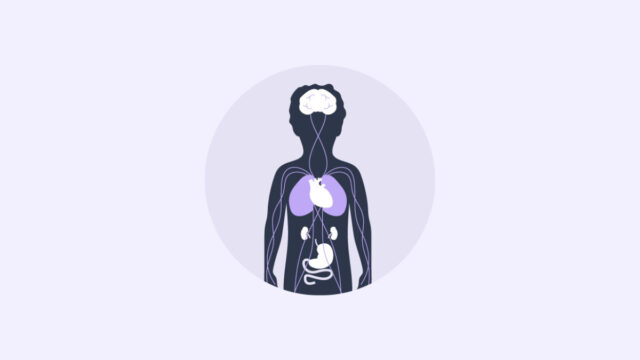Lifelong Health and Well-being


Key Takeaways
- Just as the foundations for healthy brain architecture are laid in the earliest years of life, beginning before birth, so are the foundations of lifelong health and well-being.
- A young child’s biological systems—including the neural, immune, and metabolic systems—develop in interconnected ways.
- These systems adapt based on a child’s experiences in their developmental environment, with potential lifelong impacts.
Fast Facts

We have long known that positive early experiences create a foundation for strong brain architecture, supporting a broad range of learning and skill development throughout the lifespan. Science increasingly points toward a much broader picture, revealing that health in the earliest years—beginning with the health of a child’s future biological parents even before conception—builds the foundation for the healthy development of many interconnected biological systems that children need to grow and thrive well into their adult lives.
Influences from the developmental environment shape the development of a child’s biological systems, including the neural, immune, metabolic, and cardiovascular systems. Early experiences and exposures are built into our bodies, creating biological “memories” that shape development and interact with genetic predispositions, for better or for worse.
To learn more about Lifelong Health and Well-being, check out the related Working Paper, InBrief, Videos, and more!
The brain and all other organs and systems in the body are like a team of highly skilled athletes. Each has a specialized ability that complements the others, and they are all dedicated to a common goal. Beginning before birth, each system “reads” the environment, prepares to respond, and shares this information with other systems. Each system then signals back to the others that are already functioning at birth.
When children experience significant adversity, leading their stress response systems to activate at high levels for long periods of time—known as toxic stress—these systems can become set on permanent high alert, activating more easily and for longer than they should. This can also disrupt other systems in the body, with effects that can persist into adulthood and have implications for lifelong health and well-being.
Ensuring that all children have a healthy start relies on many aspects of the social environment that surrounds young children and their caregivers: the support of friends and family members, early childhood programs, communities, and workplaces. It is also essential that we focus on broader, systemic influences. Policies across a wide array of sectors—from housing to urban development to climate change—must take children into account to ensure that children and caregivers can live in safe, supportive developmental environments that are free of hazards and provide access to opportunities that foster healthy development.